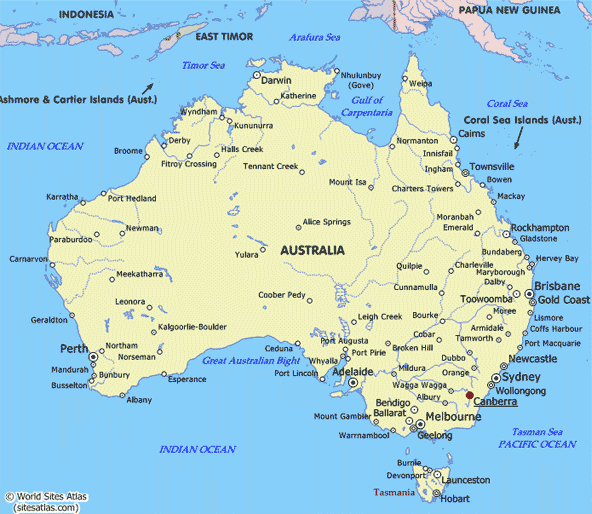Australia’s opportunity to lead the TPP forward
Australia can usher in a wave of homegrown medical innovation by strengthening intellectual property (IP) protections for biopharmaceuticals in TPP.

Australia’s opportunity to lead the TPP forward.
Australia can usher in a wave of homegrown medical innovation by strengthening intellectual property (IP) protections for biopharmaceuticals in TPP.

Australia’s opportunity to lead the TPP forward.
New Australian Prime Minister Malcolm Turnbull is certainly going to have a busy autumn. As he works to form a new government, Australia must also strive to complete negotiations in the Trans-Pacific Partnership (TPP). If the TPP is successful, it can help bring about the kind of economic growth that Mr. Turnbull championed during his campaign and help Australia’s innovative industries compete on a global scale. 
Besides the economic advantages to concluding a high-quality TPP, Australia’s patients also have much to gain. By strengthening intellectual property (IP) protections for innovative biopharmaceuticals in the TPP, Australia can usher in a new wave of homegrown medical innovation that could lead to lifesaving new drugs being developed within its borders, while ensuring innovation is also free to flourish in all the TPP countries.
Yet according to news reports, Australia thus far has been reluctant to compromise on IP protections for biopharmaceuticals in the TPP, especially for biologic medicines, which hold promise in helping us solve the mysteries of some of the world’s deadliest diseases. However, three recent articles have made a very strong case for Australia strengthening IP to provide the necessary regulatory data protection that will help the cause of medial innovation.
Dr. Kristina Lybecker, one of the leading experts on intellectual property for biopharmaceuticals, writes that Australia’s negotiating position “threatens both the future of the TPP and the patients who are awaiting tomorrow’s biologic medicines.” That’s because patents and regulatory data protection go hand in hand, and data protection must be a part of a country’s IP infrastructure to provide the necessary incentives for innovators to take the enormous risks necessary in developing biologics.
Dr. Lybecker goes on to refute Australia’s claims that their IP system is stronger for biologics, even though their regulatory data protection period, at 5 years, is less than half the United States’. She illustrates this point by saying, “Given the lengthy drug-development and patent-approval processes, effective patent terms rarely correspond to marketing approval. In some cases innovative therapies may experience patent expiry shortly after making it to market, providing the innovator firm with little chance of recovering the investment that was required to develop the therapy. Moreover, in the case of biologics, the fact that the subsequent product is only similar to the innovative product makes it potentially easier for a competing firm to design around the patent, while still relying on the innovator’s data to prove the safety and effectiveness of the product.”
Dr. Wayne Taylor, of the Canada-based Cameron Institute, recently wrote: “Innovative medicines today are conquering cancers and rare diseases that were thought to be unconquerable 10 years ago. But innovative drug-makers are not going to invest in Australia if their discoveries, their IP, are better protected elsewhere; they may not even apply to sell their products there. And then Australians lose; lose lives, lose health, lose high-paying jobs, and lose tax revenues to fund social programmes and infrastructure.”
In addition, a new report by the Geneva Network goes even further, arguing that fears of strong IP provisions in trade agreements hindering access or raising prices are unfounded, and that robust IP for biopharmaceuticals in FTAs has led to positive health outcomes.
Australia stands to benefit from the TPP, yet true innovation that will maximize Australia’s full potential, especially in the life sciences sector, will simply not be possible without adequate IP protections. Strengthening IP for biologics is good for patients, and good for Australia’s economy.
Congratulations to Prime Minister Turnbull on his election. We hope Australia will become an ally in helping the United States conclude a successful TPP that will help patients, workers, and economies in all participating nations.